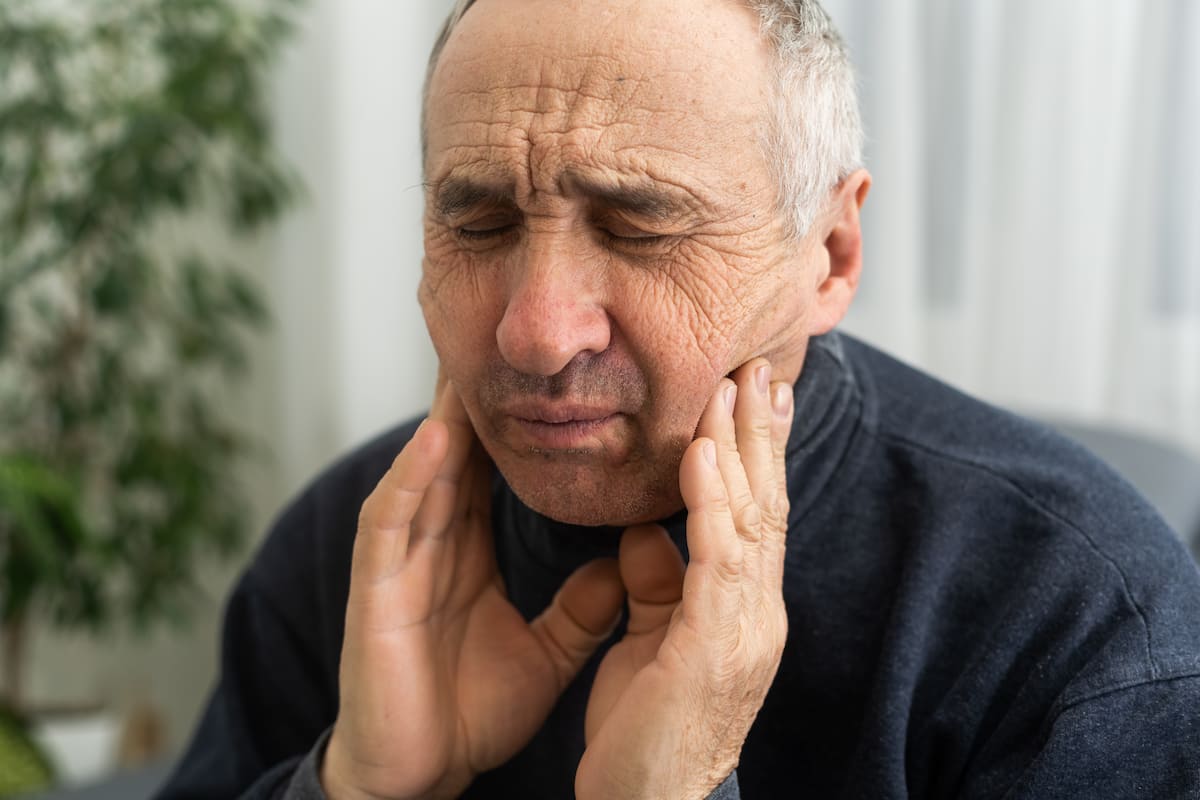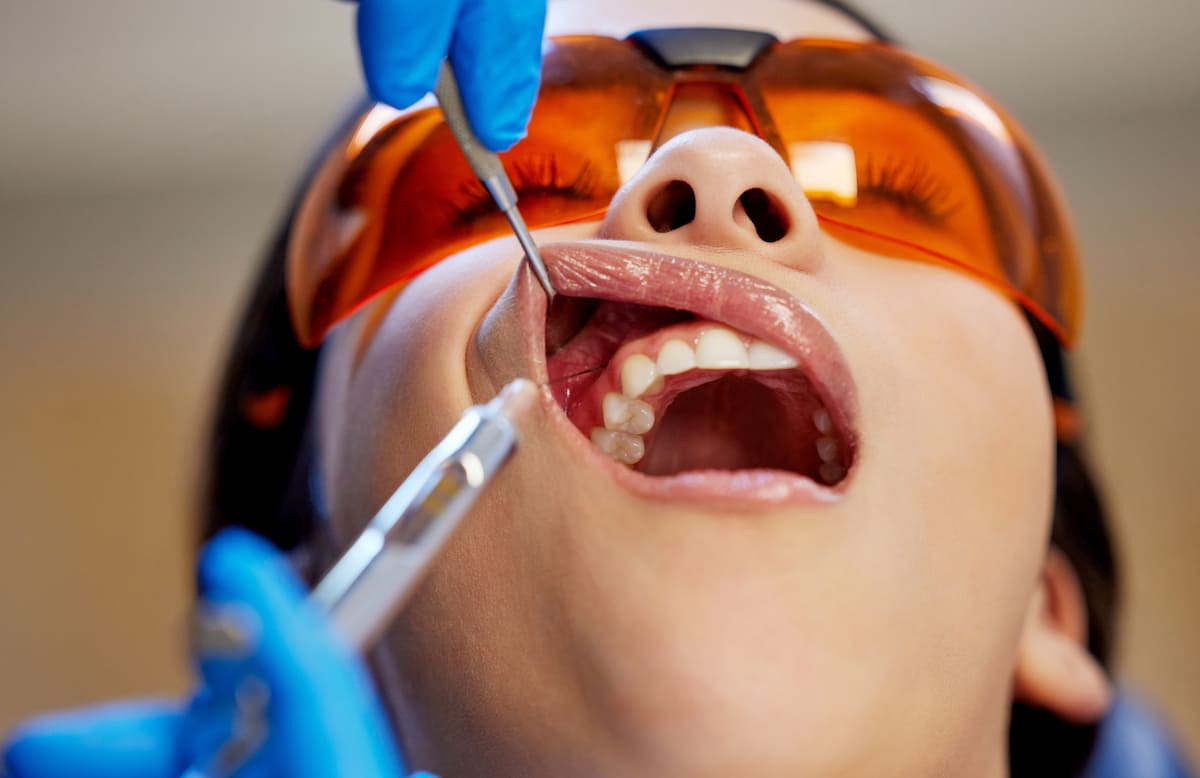Relieving Jaw Clenching and Grinding With Muscle Relaxants

 Understanding Clenching and Grinding
Understanding Clenching and Grinding
Jaw clenching and teeth grinding, also known as bruxism, affect many people without them even realising. These behaviours often occur during sleep but can also happen throughout the day, especially during periods of stress, anxiety or deep concentration. While occasional clenching may seem harmless, frequent or long-term bruxism can lead to a range of issues that impact both oral and general wellbeing.
Common symptoms include aching jaws, tension headaches, tooth sensitivity, and worn or chipped teeth. Some individuals also experience difficulty sleeping due to the muscle strain and discomfort. Left untreated, clenching and grinding can contribute to long-term damage to the teeth, jaw joints, and surrounding muscles. This has led many people to explore different treatment options — one of the most frequently asked questions is whether muscle relaxants can help.
What Are Muscle Relaxers and How Do They Work?
In the context of dental care, muscle relaxants are used to help reduce the activity of overworked jaw muscles. These medications are precisely administered into specific muscles involved in clenching and grinding, most commonly the masseter and temporalis. By calming the excessive muscle activity, they help relieve tension and reduce the intensity of involuntary jaw movements.
Rather than affecting the entire body, these relaxants work locally to limit the force of the clenching without affecting your ability to eat, speak or express facial movements. The treatment is quick, minimally invasive, and often used as part of a broader plan to manage bruxism. For many individuals who haven’t responded well to night guards or other therapies, this can be an effective and well-tolerated alternative.
 Do Muscle Relaxers Actually Help With Jaw Clenching and Grinding?
Do Muscle Relaxers Actually Help With Jaw Clenching and Grinding?
Yes, muscle relaxants can be highly effective in helping to manage jaw clenching and teeth grinding. By targeting the muscles responsible for these involuntary movements, they reduce both the strength and frequency of clenching, which can lead to noticeable relief from jaw pain, headaches, and tension.
Many people who struggle with bruxism find that muscle relaxants provide a level of relief that traditional treatments, such as night guards, cannot achieve on their own. By decreasing muscle activity, this approach not only helps relieve discomfort but also protects teeth from further wear and reduces the risk of long-term damage to restorations and jaw joints.
While muscle relaxants are not a cure for the underlying causes of clenching and grinding, they are a valuable tool in managing symptoms and improving quality of life for individuals affected by chronic bruxism.
Benefits of Muscle Relaxant Treatment
For individuals suffering from persistent clenching and grinding, muscle relaxant treatment offers a range of benefits that go beyond short-term relief. One of the most immediate advantages is a noticeable reduction in jaw tension, which can ease daily discomfort and improve overall comfort during speaking, chewing, or sleeping.
By limiting the force of muscle contractions, this treatment helps protect natural teeth and dental restorations from further wear and damage. It can also reduce the frequency and severity of tension headaches often associated with overactive jaw muscles. In particular, it may help extend the lifespan of existing dental work, such as fillings, by reducing the risk of cracks and pressure-related failure. Some patients even report better sleep and reduced facial fatigue after treatment.
The procedure itself is minimally invasive, typically completed within a short appointment, and requires little to no downtime. While the effects are temporary, many patients experience relief for several months before needing follow-up care.
What to Expect From Treatment
Before starting treatment, a dental professional will carry out a full dental assessment to determine whether muscle relaxants are a suitable option for your needs. This may include reviewing your medical history, examining your jaw movement, and identifying areas of muscle tension or wear on the teeth.
If appropriate, small amounts of muscle relaxant are carefully administered into the targeted jaw muscles. The procedure is quick, typically taking less than 30 minutes, and most people report only mild discomfort, if any, during the process.
There is little to no downtime, and you can usually return to normal activities straight away. The effects generally begin within a few days and reach full strength within one to two weeks. Results can last several months, with follow-up treatments recommended as needed to maintain relief and prevent the return of symptoms.
Is It Right for Everyone?
While muscle relaxant treatment can be highly effective for many people with clenching or grinding habits, it may not be suitable for everyone. The best candidates are individuals who experience ongoing jaw tension, tooth wear, or facial discomfort that has not improved with traditional treatments like night guards or lifestyle changes.
However, there are some situations where this treatment may not be recommended. People who are pregnant or breastfeeding, or those with certain neuromuscular conditions, may need to consider alternative approaches. It’s also important to disclose any medications you are taking, as some may interact with the treatment.
A thorough dental assessment is essential to determine if muscle relaxants are the right option for you. Your dentist will take into account your symptoms, medical background, and treatment goals to ensure the approach is both safe and effective.
Eligible individuals, including Veterans’ Affairs card holders, may have access to subsidised treatments.
Final Thoughts and Takeaway
Jaw clenching and grinding can lead to serious discomfort and long-term damage if left unmanaged. While traditional treatments like night guards have their place, muscle relaxants offer a proven and effective alternative for those who need additional relief.
By targeting the jaw muscles directly, this treatment helps reduce tension, protect teeth, and ease the symptoms of bruxism. It’s a safe, minimally invasive option that fits well into a broader plan for maintaining long-term oral health and comfort.
If you’re unsure whether muscle relaxants could help, we invite you to reach out and contact us for a confidential discussion. Our team is here to support you in finding the most suitable path forward for lasting relief and comfort.
 Do Muscle Relaxers Actually Help With Jaw Clenching and Grinding?
Do Muscle Relaxers Actually Help With Jaw Clenching and Grinding?